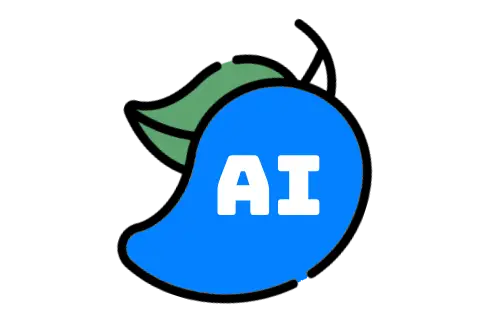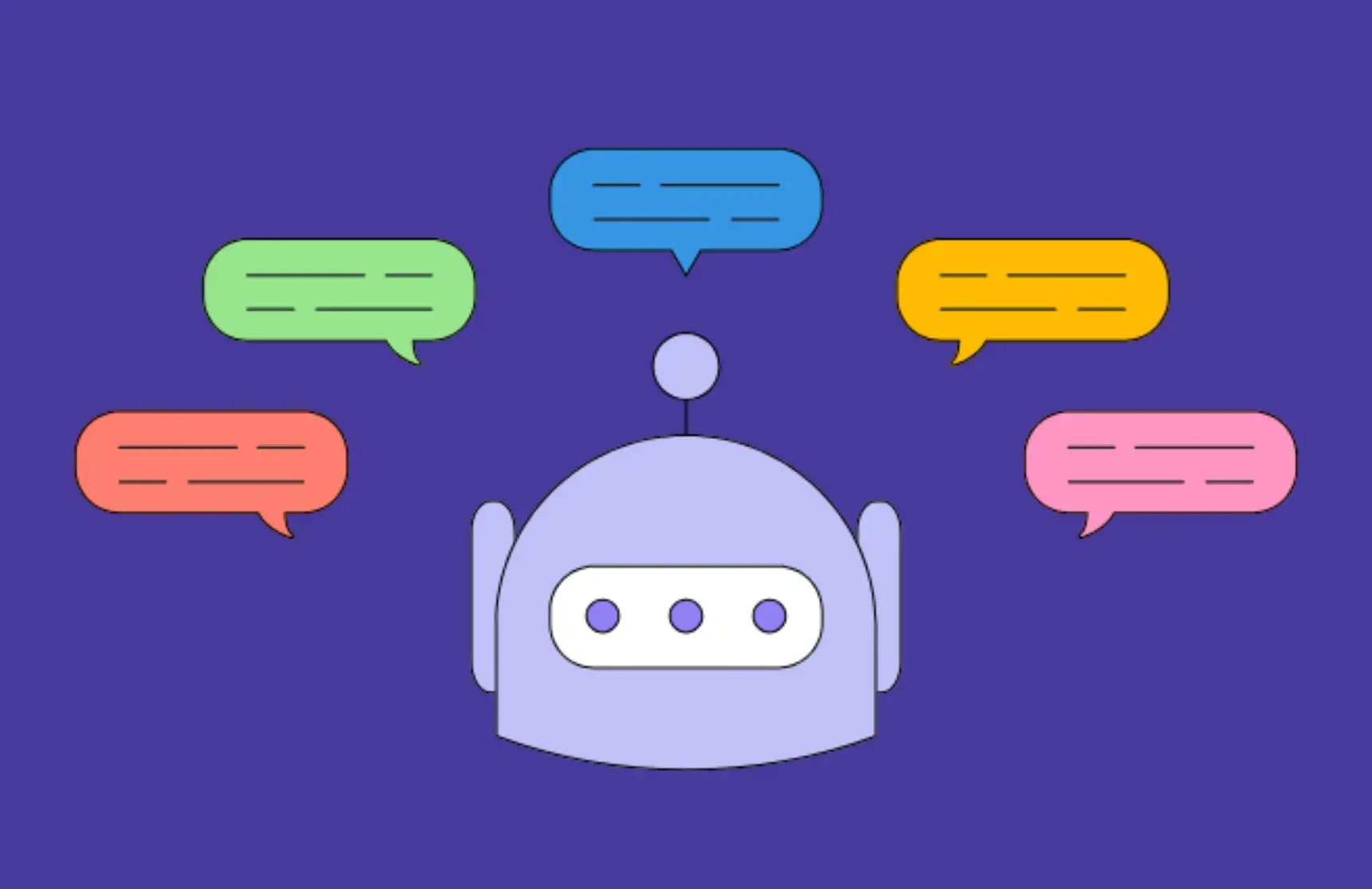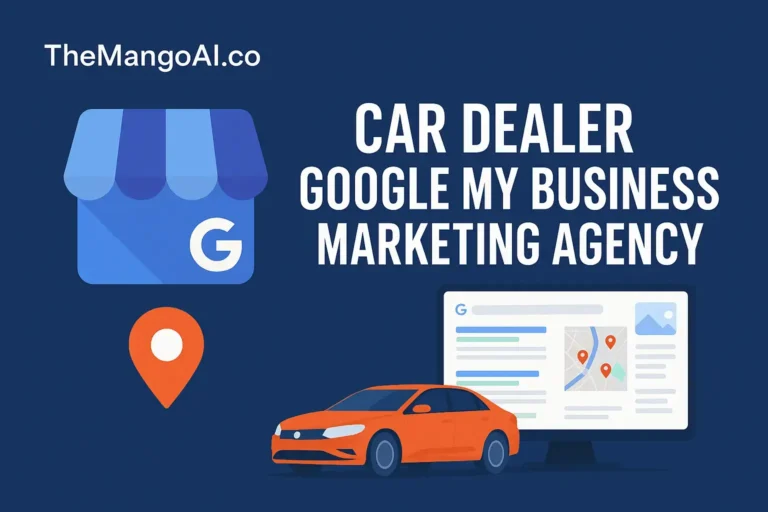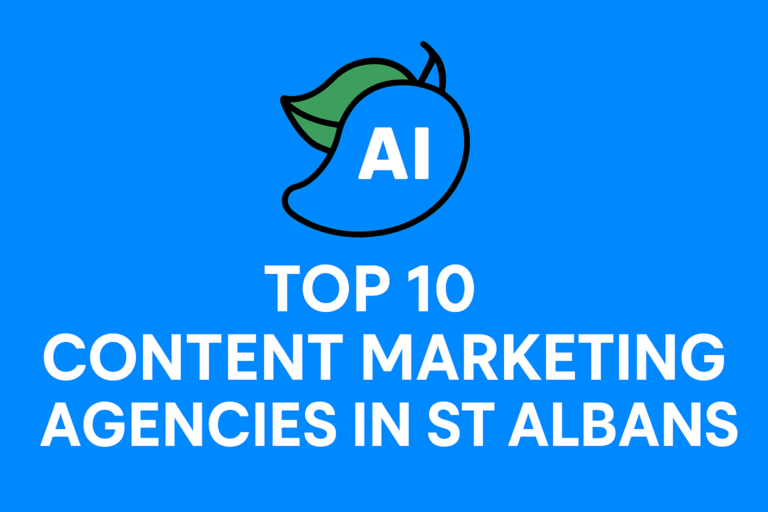Why Are Chatbots A Great Tool For Strategically Using Marketing Automation And AI?
In today’s fast-paced digital landscape, businesses are continually seeking innovative ways to enhance customer engagement and streamline operations. One such innovation that has gained significant traction is the use of chatbots powered by artificial intelligence (AI). These intelligent virtual assistants are revolutionizing the way companies interact with their customers, offering real-time support, personalized experiences, and efficient service delivery.
Develop Your Own AI Chatbot With Mango AI
Recent statistics underscore the growing importance of chatbots in the business world. According to a report by Tidio, approximately 80% of marketing and sales leaders have implemented or plan to implement AI bots into their customer experience strategies. Moreover, 55% of companies using chatbots for marketing have experienced a rise in high-quality leads. These figures highlight the strategic value of chatbots in enhancing marketing automation and AI-driven customer engagement.
AI + Automation = Intelligent Chat Marketing
1. Predictive Personalization
AI-powered chatbots use customer data to predict behavior and craft real-time responses. For example, based on browsing history, they might recommend products or services proactively.
2. Automated Funnel Management
From first contact to final sale, chatbots nurture leads, send follow-up messages, and qualify prospects—all without human intervention.
3. Omnichannel Marketing Integration
You can deploy chatbots on websites, WhatsApp, Messenger, Instagram, or SMS, making them a key player in multi-channel strategies.
1. Enhancing Customer Experience Through AI-Powered Chatbots
Chatbots serve as the frontline of customer interaction, providing immediate responses to inquiries and guiding users through various processes. By leveraging AI, chatbots can understand and interpret user intent, enabling them to offer relevant information and solutions promptly.
Key Benefits:
- 24/7 Availability: Chatbots operate around the clock, ensuring customers receive assistance whenever they need it.
- Instant Responses: Immediate replies reduce wait times, enhancing customer satisfaction.
- Personalized Interactions: AI enables chatbots to tailor responses based on user data and behavior.
2. Streamlining Marketing Automation with Chatbots
Integrating chatbots into marketing automation systems allows businesses to automate repetitive tasks, such as lead qualification, appointment scheduling, and follow-up communications. This integration not only improves efficiency but also ensures a consistent customer experience across various touchpoints.
Chatbot Functions in Marketing Automation
| Function | Description |
|---|---|
| Lead Qualification | Assessing potential customers based on predefined criteria. |
| Appointment Scheduling | Automating the process of setting up meetings or calls. |
| Follow-up Messaging | Sending timely messages to nurture leads. |
| Data Collection | Gathering user information for personalized marketing. |
3. Driving Sales and Revenue Growth
Chatbots contribute to revenue generation by guiding customers through the sales funnel, addressing objections, and providing product recommendations. Their ability to handle multiple interactions simultaneously ensures that no potential sale is missed.
Case Study:
A global dress distributor integrated AI into its operations, resulting in a 40% reduction in overstock and a 70% handling rate of customer inquiries through chatbots. This integration led to enhanced efficiency and customer experience.
4. Reducing Operational Costs
Implementing chatbots can lead to significant cost savings by reducing the need for extensive customer support teams. By handling routine inquiries and tasks, chatbots free up human agents to focus on more complex issues.
Statistics:
- Cost Reduction: Businesses report up to a 30% reduction in customer service costs after implementing chatbots.
- Efficiency Gains: Companies experience faster issue resolution and increased agent productivity.
5. Gathering Valuable Customer Insights
Chatbots collect and analyze data from customer interactions, providing businesses with insights into customer preferences, behavior, and feedback. This information is invaluable for refining marketing strategies and improving products or services.
Benefits:
- Behavior Analysis: Understanding customer journeys and pain points.
- Feedback Collection: Gathering opinions and suggestions directly from users.
- Trend Identification: Spotting emerging patterns in customer needs.
6. Facilitating Seamless Omnichannel Experiences
Modern consumers interact with brands across multiple channels, including websites, social media, and messaging apps. Chatbots ensure a consistent and seamless experience across these platforms, maintaining context and continuity in conversations.
Channels Supported:
- Websites: Providing instant support and guidance.
- Social Media: Engaging users on platforms like Facebook and Instagram.
- Messaging Apps: Offering assistance through WhatsApp, Messenger, and others.
7. Enhancing Lead Generation and Conversion Rates
By engaging visitors proactively, chatbots can capture leads more effectively than traditional methods. They can initiate conversations, offer incentives, and guide users toward conversion actions.
Strategies:
- Proactive Engagement: Initiating chats based on user behavior.
- Personalized Offers: Providing tailored promotions to encourage conversions.
- A/B Testing: Optimizing chatbot scripts for better performance.
8. Integrating with CRM and Other Business Systems
Chatbots can be integrated with Customer Relationship Management (CRM) systems and other business tools, ensuring that data collected is utilized effectively across the organization.
Integration Benefits:
- Data Synchronization: Ensuring consistency across platforms.
- Workflow Automation: Triggering actions based on chatbot interactions.
- Enhanced Reporting: Providing comprehensive analytics for decision-making.
9. Adapting to Various Industries
Chatbots are versatile tools that can be tailored to suit the needs of different industries, from e-commerce and finance to healthcare and education.
Industry Applications:
- E-commerce: Assisting with product selection and order tracking.
- Finance: Providing account information and transaction history.
- Healthcare: Scheduling appointments and offering health information.
- Education: Answering queries and guiding students through courses.
10. Future Prospects: The Evolving Role of Chatbots
As AI technology continues to advance, chatbots are expected to become even more sophisticated, capable of handling complex tasks and providing more human-like interactions.
Emerging Trends:
- Voice-Enabled Chatbots: Integrating voice recognition for hands-free interaction.
- Emotional Intelligence: Recognizing and responding to user emotions.
- Predictive Assistance: Anticipating user needs based on behavior patterns.
How Chatbots Enhance Marketing Automation Tools
Many chatbot platforms integrate directly with tools like:
- HubSpot
- Mailchimp
- ActiveCampaign
- Salesforce
- Zapier
With these integrations, you can auto-tag leads, trigger drip email campaigns, or schedule meetings—automatically.
Real-World Examples of AI Chatbot Success
- Sephora: Their chatbot on Messenger helps users find the right makeup and books appointments.
- Domino’s Pizza: Uses a chatbot to allow customers to place orders without leaving the chat interface.
- Drift: A B2B platform using AI chatbots for real-time conversation-based lead conversion.
Conclusion: Embracing Chatbots for Strategic Advantage
Chatbots, powered by AI, are transforming the way businesses engage with customers, offering efficient, personalized, and scalable solutions. By integrating chatbots into marketing automation strategies, companies can enhance customer experiences, drive sales, and gain a competitive edge in the digital marketplace.
Frequently Asked Questions (FAQs)
Q1: How do chatbots improve customer service?
A1: Chatbots provide instant responses, operate 24/7, and can handle multiple inquiries simultaneously, leading to improved customer satisfaction.
Q2: Can chatbots be integrated with existing business systems?
A2: Yes, chatbots can be integrated with CRM systems, marketing automation tools, and other business applications to streamline operations.
Q3: Are chatbots suitable for small businesses?
A3: Absolutely. Chatbots can be scaled to fit the needs of businesses of all sizes, offering cost-effective solutions for customer engagement.
Q4: What industries can benefit from chatbots?
A4: Industries such as e-commerce, finance, healthcare, education, and more can leverage chatbots to enhance customer interactions.
Q5: How do chatbots contribute to marketing automation?
A5: Chatbots automate tasks like lead qualification, follow-up messaging, and data collection, making marketing processes more efficient.







